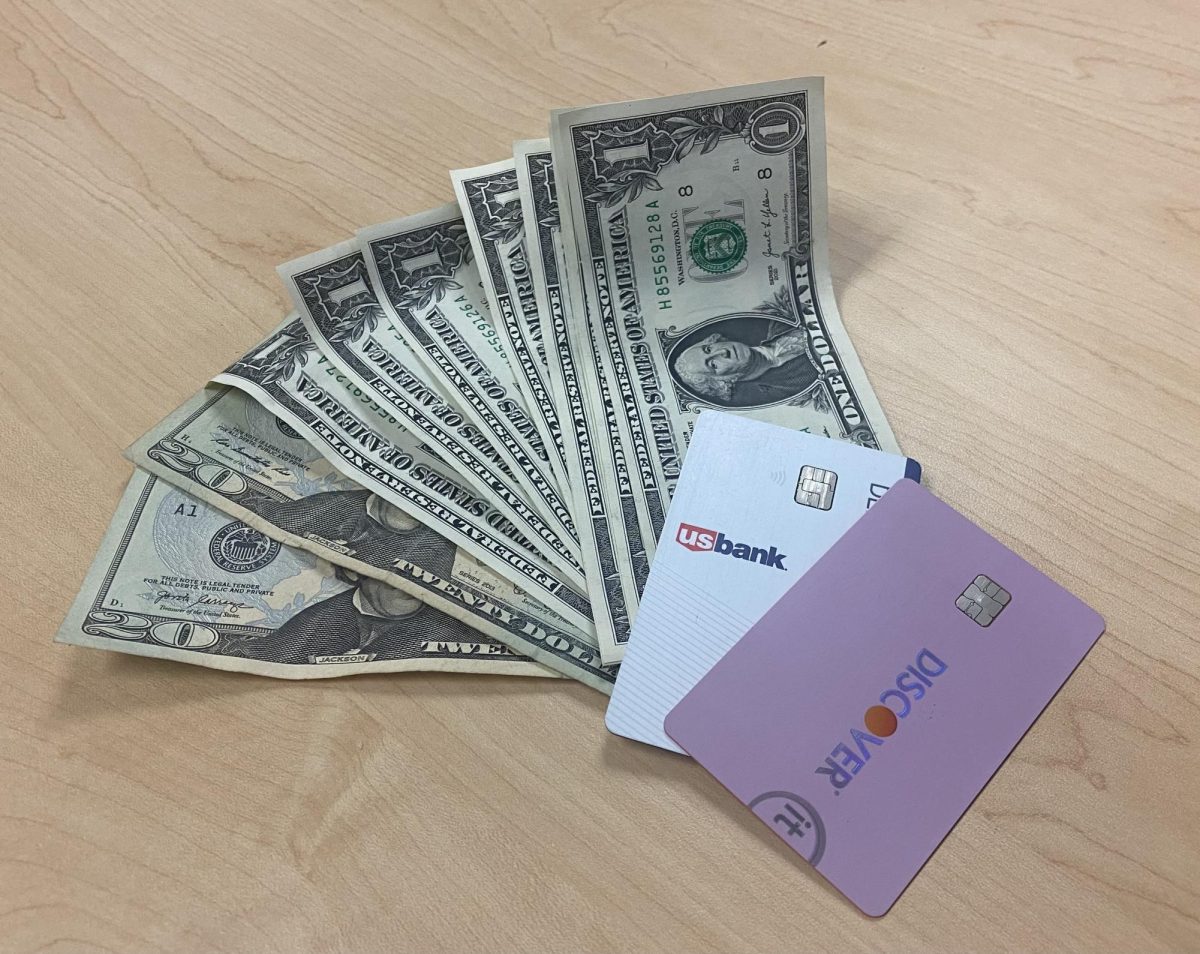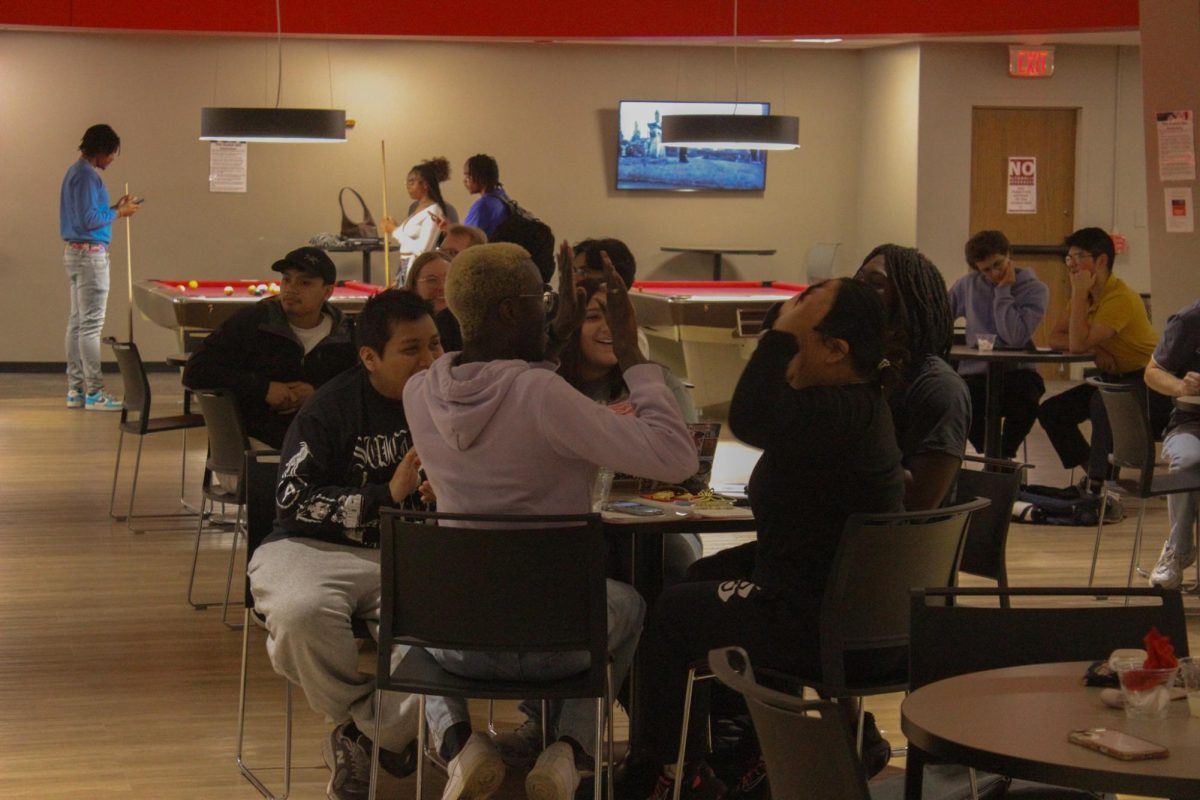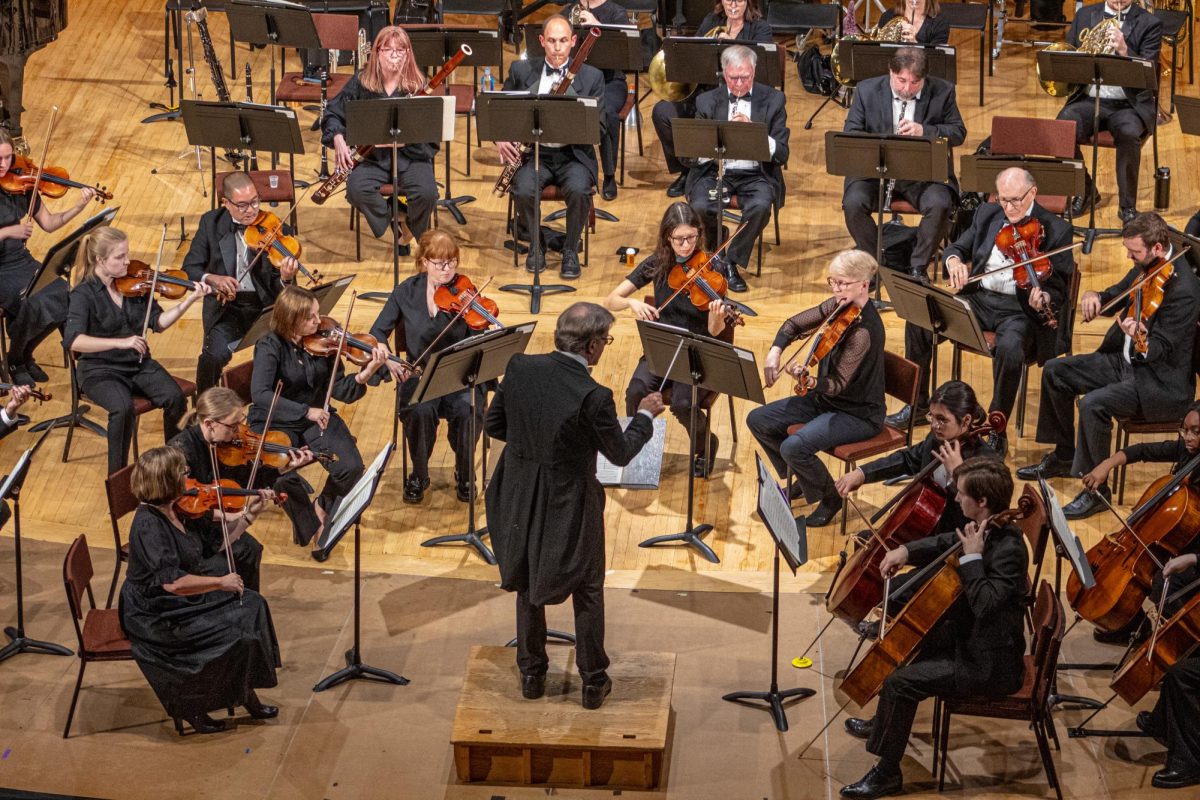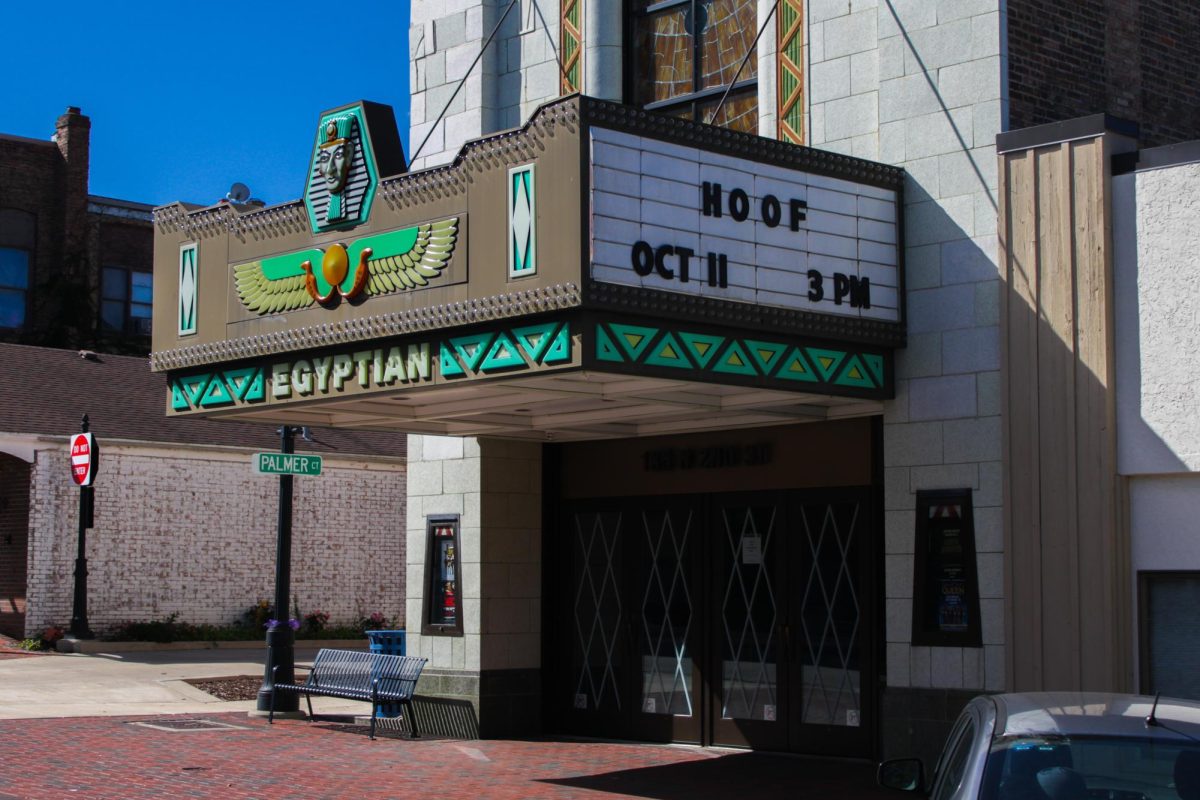Financial literacy consists of your knowledge of various financial skills and money habits, according to Investopedia. It also pertains to your understanding on how to earn, manage and invest money.
Developing your financial literacy helps create the foundation for a comfortable life, according to the National Financial Educators Council. It induces positive behavior toward your finances such as saving a percentage of your money, creating an emergency fund and cutting back on expenses.
Although having a financial education may improve your relationship with money, it doesn’t ensure immediate cash flow and is not a quick financial fix.
As a college student, there are many expenses that continuously come out of your pocket, whether it’s for class materials, essentials, food or school fees, so don’t fret if you don’t see long lasting financial change right away.
Caroline McCormick, a first-year economics major, said she makes sure to always know what her finances are to prepare her for those purchases.
“Always, just like, making sure I’m keeping track of my bank account and always opening it every single day to make sure I know how much I have in my bank account,” McCormick said.
Despite those external factors you can still begin educating yourself on managing your finances.
Fixing your finances is a step-by-step process of learning about personal money management, unlearning poor money habits, relearning the basics of finance and much more.
Ultimately, money management is a continuous journey that does not need to be rushed because healing your relationship with money takes time.
BENEFITS
Being financially literate can improve your self confidence when making financial decisions.
Imagine being provided with a financial offer. You read the details of the offer but have no idea of what it means. You feel uneasy so you decline the offer but end up missing out on a good deal without knowing it.
With a financial education, you can confidently accept or decline any offers because you would have a better understanding of potential offers and consequences.
Financial literacy can also pave the way for security. Money might not buy you happiness, but when used properly it can buy you shelter, food and pay bills, thus assisting in creating a comfortable life.
The earlier you begin applying financial literacy skills to your life, the more likely you are to reduce extreme financial stress, according to LendEDU.
Emergency and rainy day funds can prepare you for financial emergencies. If you unexpectedly lose your job, or have something majorly affect your finances, money you saved will be conducive.
“You never know, emergency situations could come up any day and, like, lets say your laptop breaks and you need to buy a new laptop all of a sudden,” McCormick said. “You just need to make sure you always have money for those emergency situations.”
TAKE THE INITIATIVE
YouTube has countless videos on financial education and may be a valuable way to start learning about financial literacy. Get comfortable, grab a journal and dedicate time to watching an educational video on money – and make sure to take notes.
For another resource, visit the local library’s section of books on personal money management and all topics pertaining to finance. In DeKalb, it is located at 309 Oak St. Look for books that discuss money management and building a secure and independent future. Check out the book that appeals to you the most and make time to read it daily.
If you would like a recommendation you can check out the book “Financial Literacy for Young Adults Simplified” as it’s ideal for beginners.
A budget planner is also beneficial. Make it a habit to record your expenses in a journal, chart or Excel spreadsheet so you can keep up with the flow of your money, income and savings. Canva has budget planner templates already made for you, all you have to do is open it and edit it. Be sure to save the planner you started editing so you can refer back to it.
To see progress in your finances, you have to be consistent in practicing financial skills. Make your impact on your finances last by continuously seeking knowledge about personal money management and expanding your financial education. Then, and only then, will you see change.









